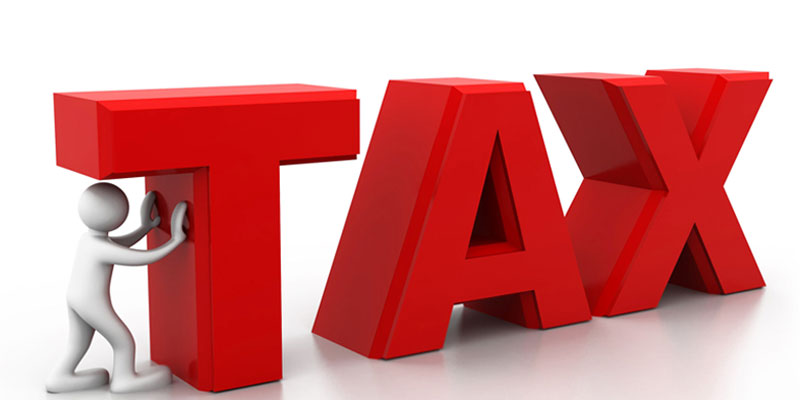Columnists
URA should do something about tax compliance
In everyday life there are two things that we are always sure of meeting, and those are; death and taxes. What is common about those two, still, is the fact that no man wants to meet any one of them.
The very way people try their best to avoid death is actually the same way they try their best to avoid taxes. Whoever says that you can pay your taxes with a smile had never patted with money in the name of paying taxes.
Taxation is a fundamental aspect for any economy in the world. It is the imposition of the supply to the public treasury and operates as a forced charge independent of the will or contractual consent whether expressed or implied of the taxpayer. Government expenditure on infrastructure, healthcare, education and investment is expected to be financed by domestic revenue. And this revenue obviously comes from taxes.
While growth in revenue collection is commendable, the revenues remain way much below from the required financing to support the budget.
Tax avoidance is the lawful minimization of tax liability through sound financial planning techniques such as phasing the sale of assets over a period long enough to effect maximum exemption from capital gains tax while tax evasion is the illegal evasion of taxes by individuals, corporations, and trusts.
Tax evasion often entails taxpayers deliberately misrepresenting the true state of their affairs to the tax authorities to reduce their tax liability and includes dishonest tax reporting, such as declaring less income, profits or gains than the amounts actually earned, or overstating deductions. Both tax evasion and avoidance can be viewed as forms of tax noncompliance, as they describe a range of activities that intend to subvert a state’s tax system.
Uganda presents an intriguing case of tax avoidance and evasion. A wide range of experts agree that the nature of Uganda’s tax system conforms to global benchmarks. The income and corporate tax rates in Uganda are 30% per annum at the highest bracket.
However, in the period 2005 to 2011, tax revenues only contributed on average 12% to the GDP. This large gap between the tax paid on the overall earnings in the country and the tax expected to be paid on income-generating activity is worrying.
Tax honesty is distinguished into two types, voluntary and enforced compliance and these in turn vary depending on the trust individuals have on government and on the power of tax authorities. Results verify that trust increases voluntary compliance, and power increases enforced compliance.
A very interesting finding is that power has no influence on voluntary compliance in the high trust conditions, but high power leads to even lower voluntary compliance in low trust conditions. This suggests that in high trust conditions, power of tax authorities is perceived as legitimate, while in low trust conditions, the same power is perceived as coercive and yields negative attitudes.
Tax evasion is determined by the tradeoff between tax rates and the cost of punishment for noncompliance. Higher tax rates increase the incentive to cheat as one saves more money from evasion, while the cost of noncompliance deters avoidance. However, both these factors differ dramatically across countries.
The decision to pay or not to pay taxes is premised also premised on the trust people have in government and the tax collecting authorities. With respect to taxation, citizens need to sense three types of trust: the first one is whether the taxes levied will be used to pay for valued services, secondly is their fellow citizens will pay their due share and lastly if there is a fair process for revenue collection.
The decision to evade tax may be viewed from the lenses as lack of patriotism on the side of the tax payer but it is also driven by the dissatisfaction a tax payer gets when he or she does not get the services from the government.
Sometimes government ignores priority programs that benefit citizens and spends on programs that don’t benefit citizens.
The roaring corruption also discourages a tax payer if he or she is aware that what the government collects from them is eventually swindled by some unscrupulous officials to the detriment of the rest of the citizens. Tax collecting authorities and government must do something to restore hope and build trust amongst the tax payers if they are to continue paying taxes willingly.
Comments















